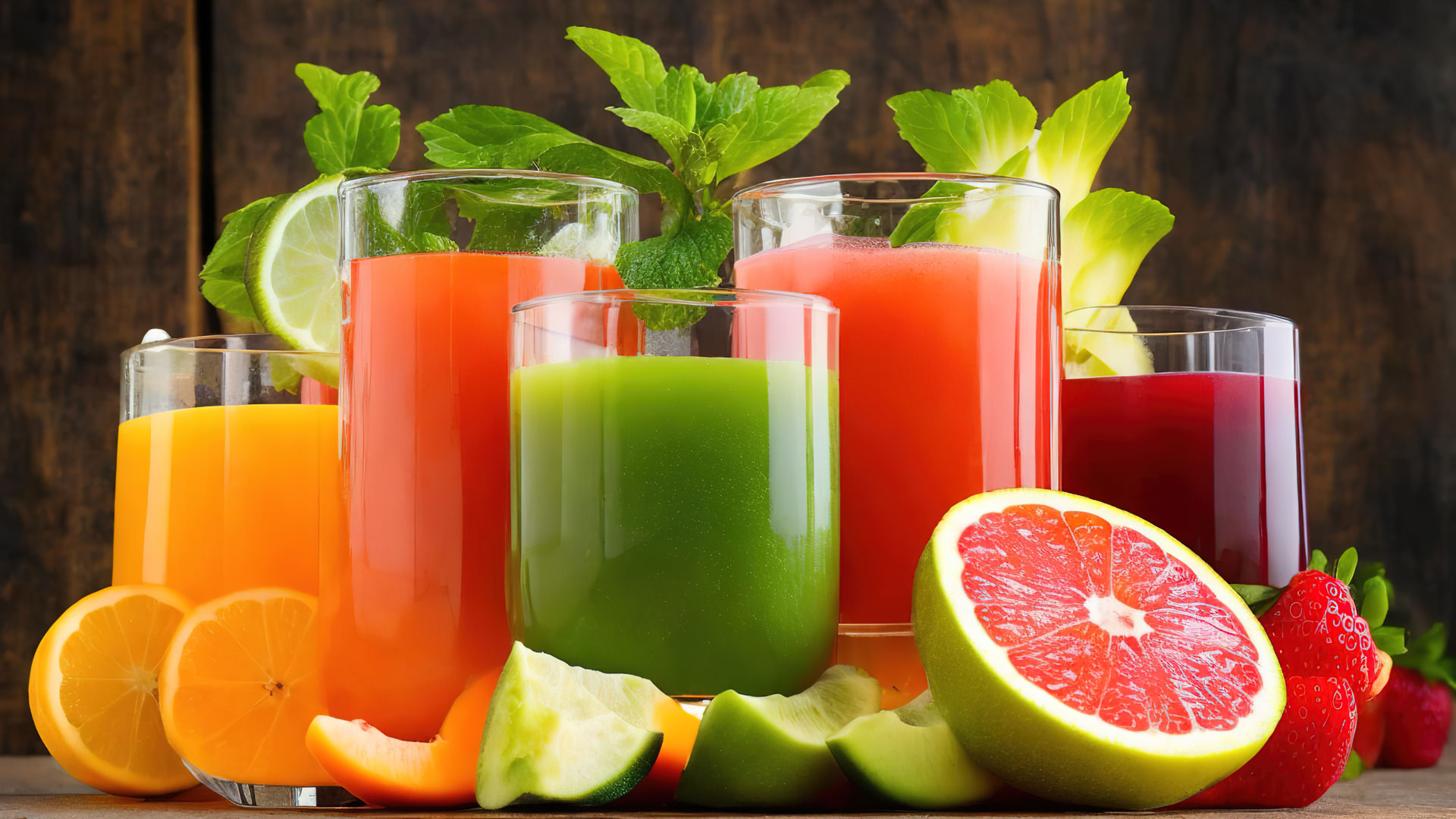As Alcohol Awareness Week draws to a close, TJ’s regular contributor Luke Smith weighs up the pros and cons of alcohol at work events
As a business leader, you hold significant responsibility for shaping the culture within your organisation. Your approach to planning work functions can have an impact here. One element that has long been ingrained in the social fabric of work functions is the presence of alcohol. Whether it’s a holiday party, a team-building event, or a client reception, the inclusion of alcoholic drinks has been seen as a way to create a relaxed and convivial atmosphere.
However, in recent years, there has been a notable shift in social and business attitudes toward alcohol at work functions. More leaders are recognising the need for deeper consideration when it comes to including such beverages in professional settings. As workplaces become more mindful of employee well-being and the potential risks associated with alcohol consumption, it’s wise to carefully evaluate the most positive approach for functions.
What are the pros and cons?
Alcohol at work functions has long been a topic of debate among business leaders. It certainly has a place in many social and business interactions within our culture. When making decisions about whether to include it in your events, it’s worth getting to know some key pros and cons.
Not all employees will be immediately comfortable with a dry function. Some might feel they need alcohol to grease their social gears
The pros
Perhaps the primary advantage of including alcohol at work functions is its potential to facilitate networking and relationship-building among employees. These events provide a more informal setting where colleagues can interact outside of the office environment. This allows them to make more meaningful connections. Sharing a drink may help break down some barriers and encourage conversations. For some employees, alcohol can help create a more relaxed and enjoyable atmosphere.
The cons
One significant concern about alcohol at work functions is the potential risk of impaired judgment and inappropriate behaviour. Excessive alcohol consumption can lead to unprofessional conduct, which may damage relationships or tarnish your organisation’s reputation. Moreover, alcohol-related incidents could result in disciplinary actions or legal consequences, posing liability issues for your company.
Another key consideration is the potential health issues related to consumption. Alcohol affects various parts of the body in negative ways. In the short term, it can have a depressive impact on the central nervous system, causing mood fluctuations. Regular excessive consumption can also lead to high blood pressure, strokes, and kidney disease. As a result, alcohol at your work functions might promote unhealthy lifestyles.
How can you benefit from sober functions?
If you find that the potential cons of alcohol at work functions outweigh the pros, one option is to consider dry events. This can certainly be a contentious choice in some businesses. However, it’s important to look at how your company and your employees could benefit from the experience of sober functions.
Firstly, it helps to create a safe and inclusive environment for all employees. By eliminating alcohol, your organisation is sending a clear message that it prioritises the well-being and comfort of your workforce. This approach ensures that individuals who choose not to consume alcohol for personal, religious, or health reasons don’t feel excluded during work events. Overall, it promotes a sense of belonging and encourages the participation of all employees, which helps foster a positive company culture.
In addition, it can tap into the current ‘sober curious’ trend. There is greater recognition of the benefits of quitting alcohol, from gaining better sleep to experiencing sharper cognition. Though those living with alcohol dependence may need additional help getting sober, dry functions provide employees with a taste of not just the advantages of sobriety, but also how their enjoyment of events needn’t diminish without alcohol.
Enhancing alcohol-free events
It’s worth bearing in mind that not all employees will be immediately comfortable with a dry function. Some might feel they need alcohol to grease their social gears. Therefore, if you choose to go alcohol-free, it’s important to make plans that enhance the experience for everyone and help them feel more comfortable.
Start by providing a wide selection of creative and appealing non-alcoholic drink choices. This can include mocktails, specialty teas, infused water, or smoothies. Offering an array of refreshing and visually appealing beverages doesn’t just ensure your employees have enjoyable options that suit their preferences. It can also spark discussions about novel beverages or trying something new that helps get people more relaxed.
You should also plan a schedule of engaging activities. Focus on fun elements that encourage teamwork, collaboration, and creativity. These might include interactive games, team challenges, or group problem-solving sessions. Creating structured reasons to collaborate can break the ice without relying on alcohol as a social lubricant. Not to mention they help employees bond and connect on a deeper level.
Importantly, take the time to seek employee input and participation. Let them know in advance that it will be a sober function and that you want to know what other elements will make the event more positive for them. Create a survey or suggestion box to gather ideas and preferences. By allowing employees to contribute their input and ideas, they will feel valued and have a sense of ownership over the event.
Conclusion
While alcohol has long been associated with social and business interactions, shifting attitudes and a greater emphasis on employee well-being have prompted leaders to carefully evaluate the pros and cons. By considering the potential benefits of alcohol-free events, such as creating a safe and inclusive environment, you can enhance the overall experience for your employees. Incorporating a wide range of appealing non-alcoholic drink options and engaging activities can further contribute to the success of alcohol-free functions.
Beyond these elements, it’s also worth making dry events a key part of your company’s wellness program. This helps your choice feel more like a natural part of your wider commitment to employees’ health, rather than giving the impression you’re taking alcohol away from them. By integrating alcohol-free events into the larger framework of company wellness initiatives, you can cultivate a culture of well-being and demonstrate your prioritisation of employee happiness.
Luke Smith is a freelance writer




